
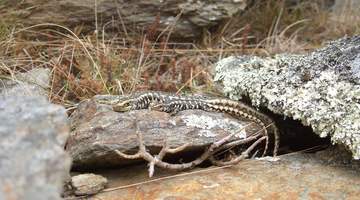
An inquiry approach is a method often used in science education. The question bank provides an initial list of questions about saving reptiles and amphibians and places where their answers can be ...
READ MORE

New Zealand’s native species evolved in isolation from other regions for millions of years after the last land bridge to Gondwana was lost. Birds and insects dominated our ecosystems, and the ...
READ MORE
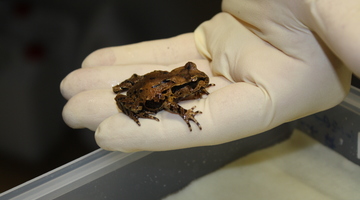
New Zealand has 4 species of native frogs that are all endemic. All 4 are threatened with extinction. A major focus of the amphibian research at the University of Otago is how to save these ...
READ MORE

In this activity, students consider the conservation of native frogs from a number of different perspectives. By the end of this activity, students should be able to: examine the conservation of ...
READ MORE

Aotearoa New Zealand has one of the highest cat ownership rates in the world. Nearly 40% of households have at least one cat – for the most part, we’re fond of our cats. Unfortunately, domestic ...
READ MORE

Aotearoa New Zealand has a lot of cats! Forest & Bird reports we have: 1,134,000 companion cats 196,000 stray cats millions of feral cats – there’s no data on feral cat abundance but this is ...
READ MORE
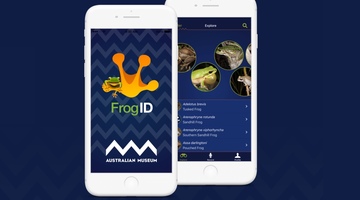
FrogID is an Australian app that uses audio of frogs’ unique calls to identify various species and their locations. We can use it in Aotearoa New Zealand to record the location of introduced ...
READ MORE
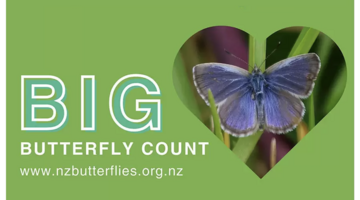
This New Zealand-based citizen science project collects data about butterflies in our gardens, schools, parks and farms – any location in the country or on the outer islands. This annual event – ...
READ MORE

Be part of a worldwide movement and use Global Earth Challenge to submit or classify photos to help our planet’s environment and human health. Global Earth Challenge is a citizen science campaign ...
READ MORE
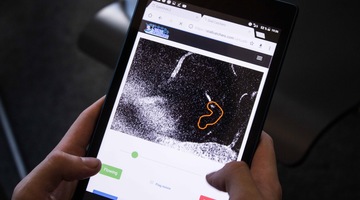
Games have long been used for developing both skills and knowledge in the education sector. As digital technologies continue to develop, the range of digital learning games also continues to ...
READ MORE
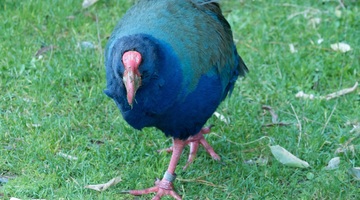
This class case study provides an example of introducing ethical thinking into the classroom to explore a controversial issue in science. It shows how the ethical frameworks in the Ethics ...
READ MORE

Introduced plant species – friend or foe? This might depend on who is answering the question. Over 25,000 exotic plants have been introduced to Aotearoa New Zealand. Some of these are highly ...
READ MORE
Associate Professor Alison Cree, from the University of Otago, talks about the importance of translocation for the conservation of our native species. In New Zealand, the Department of ...
READ MORE
Dr Phil Bishop, from the University of Otago, talks about his research into metabolic bone disease. This disease only affects captive frogs, and the cure involves an elaborate UV tanning booth ...
READ MORE
Dr Phil Bishop, from the University of Otago, talks about the challenges and the importance of breeding frogs in captivity.
READ MORE
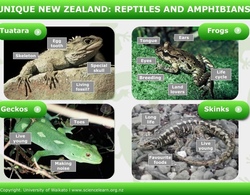
Explore this interactive to learn more about New Zealand’s unique reptiles and amphibians. Move your mouse or finger over any of the labelled boxes and click to obtain more information. Select ...
READ MORE

This interactive introduces and houses resources developed by Magma Drillers Save Planet Earth – a University of Canterbury project funded by Curious Minds. Select here to view the full ...
READ MORE
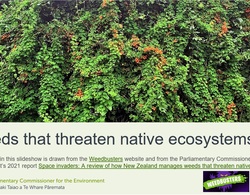
A slideshow of weeds and the adaptations that make them problematic in a New Zealand setting. Use the Slideshow menu for further options, including view full screen, and go here for the download ...
READ MORE